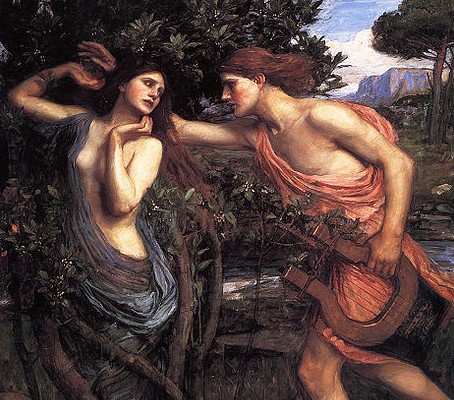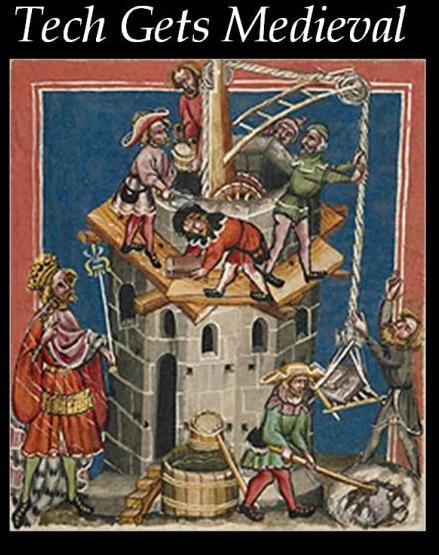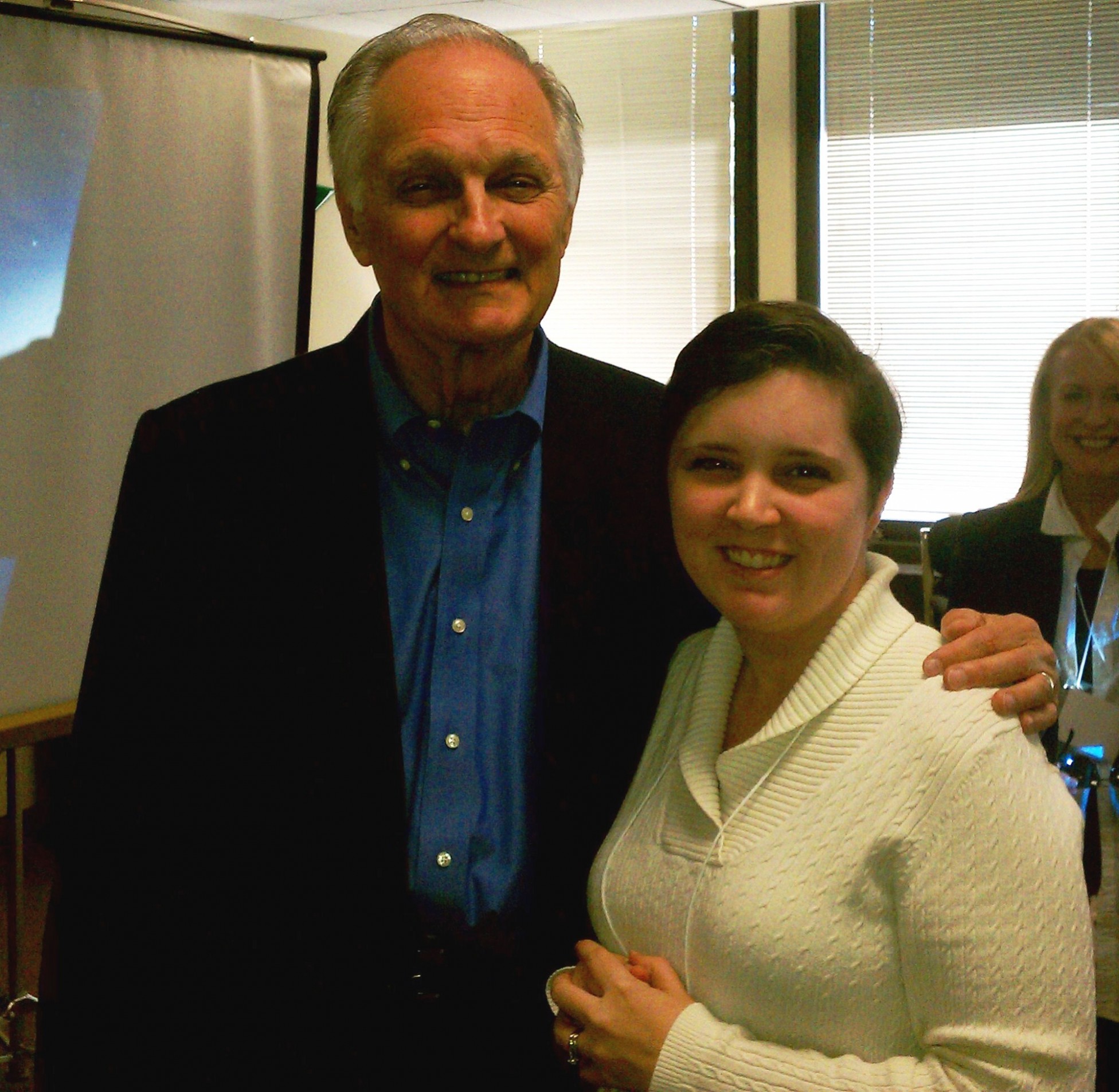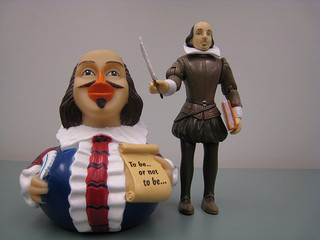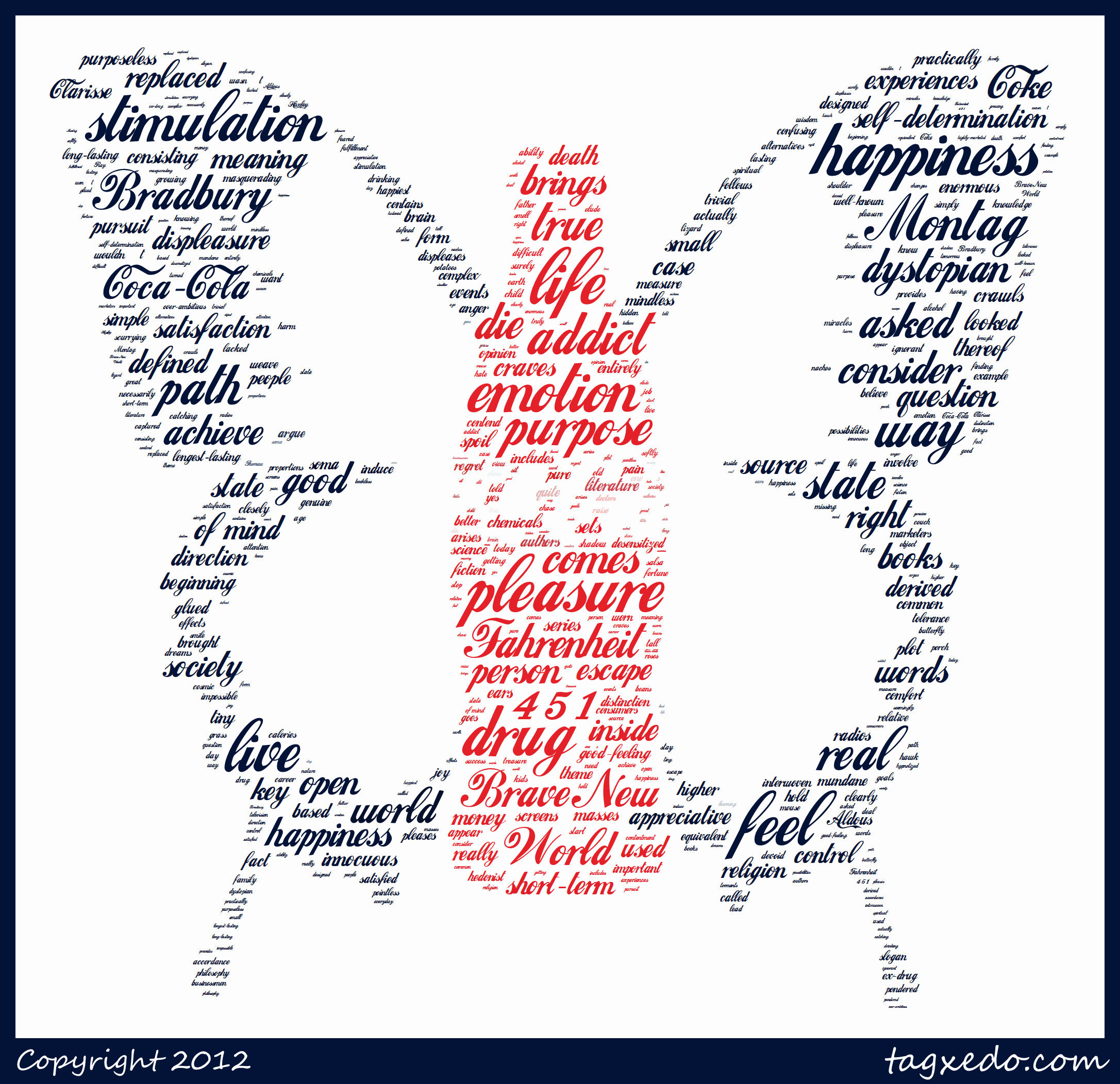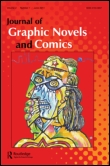D-Ped 11/7: Collaboration and Active Learning
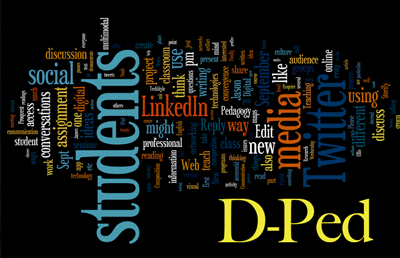
Below you will find this week’s readings* that will prepare you for our discussion and activities on collaboration in the classroom, as well as active learning. We look forward to sharing some of our insights and hearing your thoughts and concerns about these topics! *Look for our 11/5 email for… Continue reading

